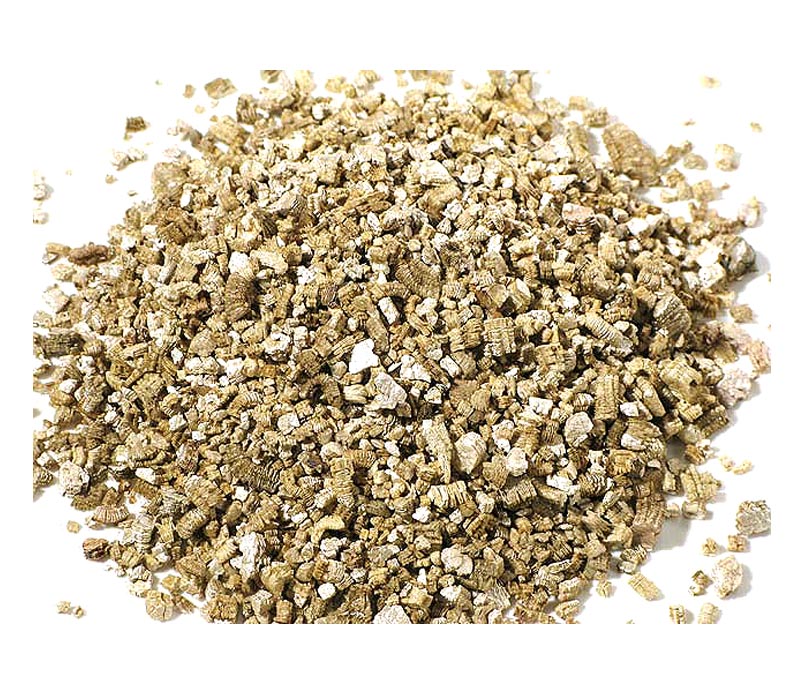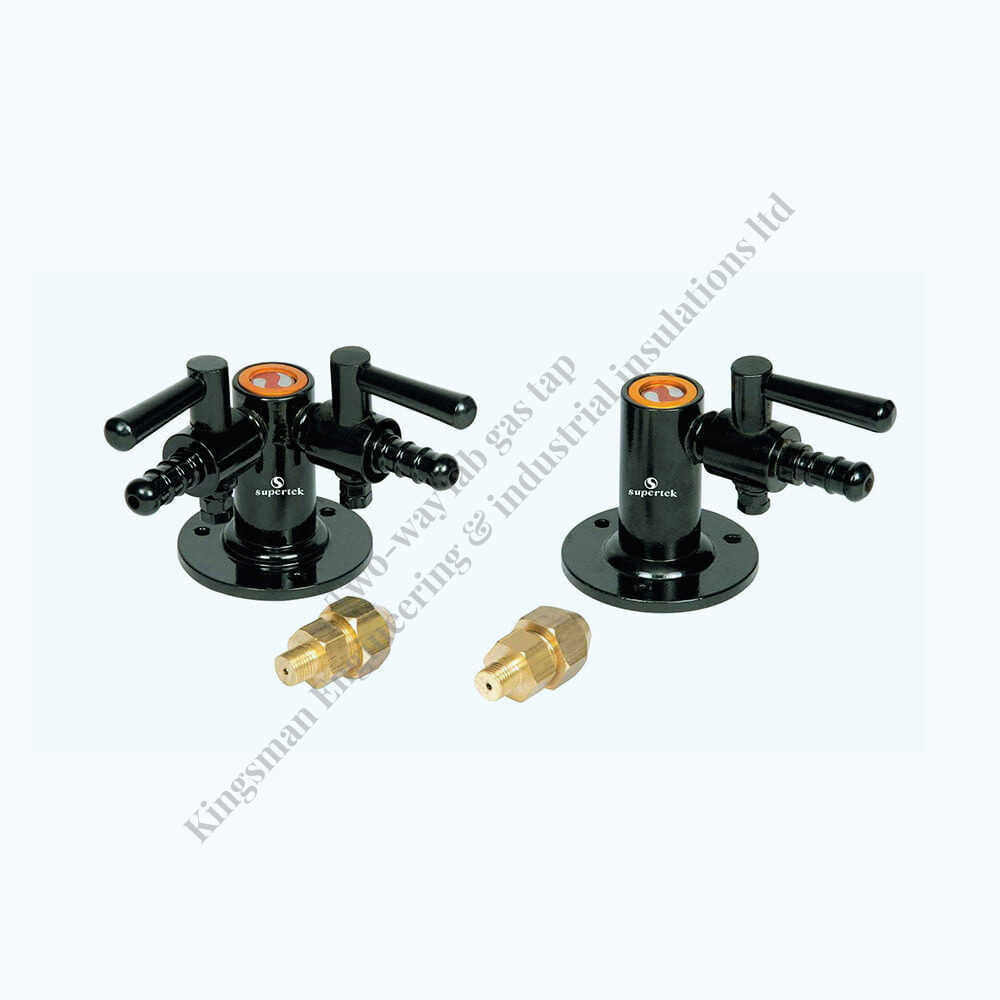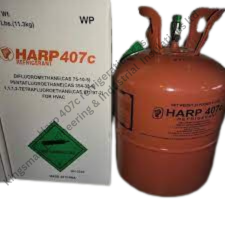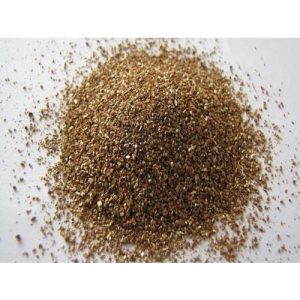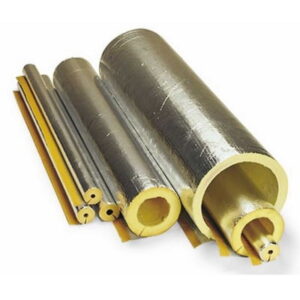Leading Wholesalers and Suppliers of Vermiculite Insulation in Kenya and Across East Africa
Kingsman Engineering & Industrial Insulations Ltd is the leading wholesaler and supplier of Insulation Vermiculite in Kenya, providing top-quality thermal insulation materials for residential, commercial, and industrial use across Kenya, Uganda, Tanzania, Rwanda, and South Sudan.
Our expanded vermiculite insulation is lightweight, non-combustible, and energy-efficient — designed to meet the insulation needs of modern buildings, industrial furnaces, cold rooms, and fireproof structures.
Whether for roof insulation, wall plasters, or refractory applications, Kingsman’s insulation-grade vermiculite ensures outstanding thermal protection, soundproofing, and long-term performance.
Insulation Vermiculite Price in Kenya
At Kingsman Engineering, we offer Insulation Vermiculite at an affordable price of KSh 120 per kg.
We sell in wholesale and retail quantities, with flexible supply options for construction companies, insulation contractors, and individual buyers across East Africa.
Bulk purchase discounts and delivery services are available on request.
What is Insulation Vermiculite?
Insulation vermiculite is a natural mineral (hydrated phyllosilicate) that expands when heated, producing lightweight granules with exceptional thermal insulation and fire resistance.
It is chemically inert, odorless, environmentally safe, and does not decompose over time — making it ideal for use in walls, roofs, boilers, and refractory installations.
Because of its high air content and low density, expanded vermiculite provides excellent thermal and acoustic insulation and is widely used across the construction, industrial, and energy sectors in Kenya.
Applications of Insulation Vermiculite in Kenya
1. Building & Roof Insulation
-
Ideal for roofs, ceilings, and attic spaces to reduce heat transfer.
-
Applied as loose-fill insulation or mixed with cement for insulation plasters.
-
Improves indoor comfort and significantly lowers energy consumption.
2. Lightweight Concrete & Wall Plasters
-
Used as a lightweight aggregate in concrete and plaster.
-
Reduces structural load while improving fire and sound resistance.
-
Excellent for internal and external wall coatings, ceilings, and partition panels.
3. Fireproofing & Thermal Protection
-
Naturally non-combustible and retains stability up to 1100°C.
-
Used in fireproof wall linings, chimneys, furnaces, and industrial kilns.
-
Enhances fire resistance in boiler rooms and thermal plants.
4. Cavity & Loose-Fill Insulation
-
Perfect for filling wall cavities and floor voids to prevent heat escape.
-
Retains insulation value over time without sagging or breaking down.
-
Resistant to moisture, mold, and corrosion, making it durable and safe.
Advantages of Kingsman Vermiculite Insulation
✅ High thermal insulation — reduces heat loss and energy costs.
✅ Lightweight — lowers overall building weight.
✅ Fire-resistant — non-combustible and safe for high-temperature areas.
✅ Acoustic insulation — minimizes sound transmission.
✅ Moisture and corrosion resistant — long service life even in humid environments.
✅ Eco-friendly — natural, reusable, and safe for the environment.
✅ Compatible with cement — mixes easily for construction applications.
Frequently Asked Questions (FAQ)
1. What is vermiculite used for in insulation?
Vermiculite is used as an insulating aggregate in building materials such as plasters, screeds, and concrete. It helps reduce heat transfer and provides fireproof and soundproof protection in homes, factories, and commercial buildings.
2. Which vermiculite is best for insulation?
For insulation, the medium to coarse expanded vermiculite grade is best.
Kingsman Engineering supplies premium insulation vermiculite suitable for thermal, acoustic, and fireproofing needs in both domestic and industrial projects.
3. How is vermiculite used in construction?
Vermiculite is mixed with cement or gypsum to form insulating plasters, panels, or lightweight concrete. It can also be used as loose-fill insulation in cavities and attics to maintain temperature and reduce energy loss.
4. Can you mix vermiculite with cement?
Yes — vermiculite can be safely mixed with cement to form lightweight, insulating concrete.
Typical mix ratio: 1 part cement to 6–8 parts vermiculite by volume.
This mix is ideal for roofs, slabs, fireproof panels, and boiler room insulation.

